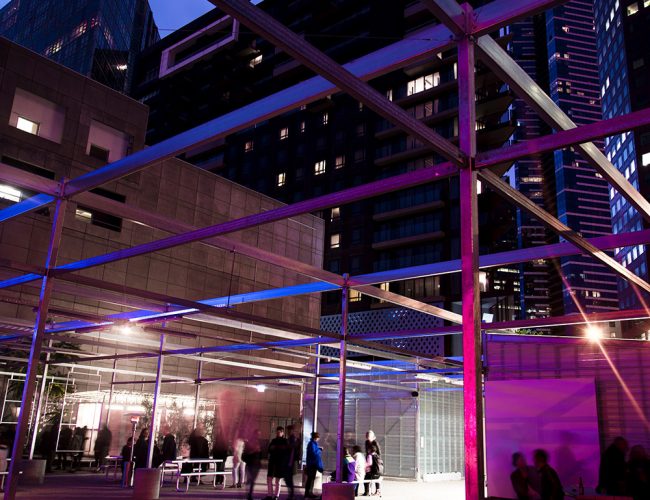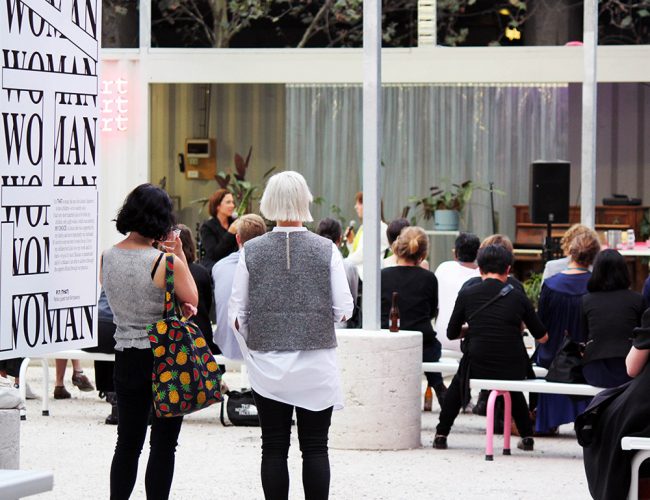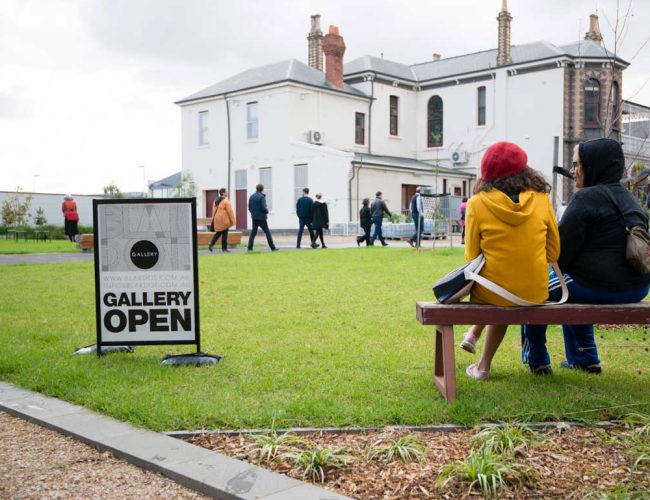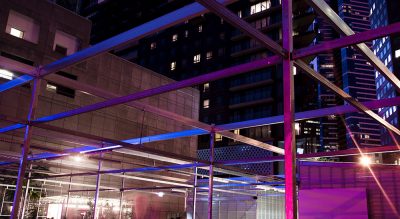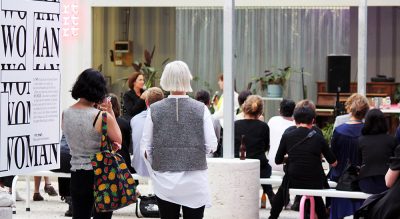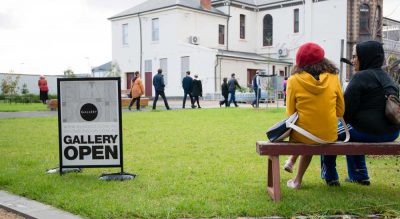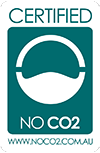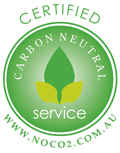These Are The Projects We Do Together has earned a reputation working predominantly with ‘problematic’ sites. Through architecture, design, embedded education, maintenance, caretaking, operations, creative program and open access, the practice seeks to reposition these ‘problematic’ sites as crucial, creative and socially inclusive spaces and communities.
Currently working across three project-sites — Testing Grounds is a State Government creative infrastructure and urban renewal project in Southbank Arts Precinct. Siteworks is a Local Government community and creative development site in Brunswick. The Quarry is a sandstone quarry in Victoria’s Otway Ranges, undergoing rehabilitation and purchased by the practice as a large-scale multi-generational research, art, design and education site.
We operate a ‘projects-in-projects’ model, where major projects accommodate and foster a wide range of smaller collaborative projects that contribute to the health and vitality of the larger project-ecosystem. These smaller projects are often self-initiated, have public outcomes and involve bringing together industry, creative practitioners and student groups.
Our work is predominantly self-initiated, and stems from a desire to do the right thing and a genuine curiosity in the world. We are an interdisciplinary team. We focus on education and experimentation across all our projects and sites. We are architects, designers, makers, caretakers, curators, programmers and educators. We believe in the importance of public space, equally accessible to all.
Taking these projects sites and delivering a NoC02 model for them and the practice is a core value. It provides leadership and hope that there are practical solutions to the climate emergency we all face.
Climate Change Action
These Are The Projects We Do Together achieved carbon neutral certification on 04/12/2020. To achieve this status and become carbon neutral These Are The Projects We Do Together undertook the following process:
- Commissioned a NoCO2 audit from CRI to measure their carbon footprint for FY2020. CRI’s NoCO2 audit follows the standards outlined by the World Business Council for Sustainable Development’s Greenhouse Gas Protocol Corporate Accounting and Reporting Standard (1), in addition to the international standard ISO 14064.1 (2).
- Have committed to offset their unavoidable emissions through the purchase of units in approved projects under the Verified Carbon Standard (VCS) and Gold Standard, and
- Committed to ongoing annual auditing of their emissions.
What does NoCO2 Certification mean?
By meeting the requirements of the NoCO2 Program, These Are The Projects We Do Together is certified as a Carbon Neutral Business by CRI; can be promoted and marketed as such and can display the NoCO2 Logo issued by CRI.
What Carbon Credit Projects does These Are The Projects We Do Together purchase offsets from?
Cookstoves in Developing Nations
Nearly three billion people around the world burn wood, charcoal, animal dung, or coal in open fires or in inefficient stoves and without a chimney for daily cooking and heating. This reliance on inefficient cookstoves and fuels leads to a wide variety of environmental problems including deforestation, air pollution and climate change. Daily exposure to toxic smoke from traditional cooking practices is one of the world’s biggest, but least well-known killers.
Penetrating deep into the lungs of its victims, this acrid smoke causes a range of deadly chronic and acute health effects such as pneumonia, lung cancer, chronic obstructive pulmonary disease, and heart disease, as well as low birth-weights in children born to mothers whose pregnancies are spent breathing toxic fumes from traditional cookstoves. Women and children must risk their safety, health, and sometimes their lives, to search for and collect firewood in order to cook food over smoky, polluting open fires.
The Projects:
The Cookstoves in Developing Nations project disseminates efficient wood and charcoal cookstoves to reduce dependency on traditional biomass fuels. Replacing traditional cookstoves with fuel efficient stoves in households and restaurants reduces greenhouse gas emissions, relieves pressure on local forests and assists in reducing the incidence of chronic respiratory disease, improving livelihoods in poor communities.
Cookstoves in Developing Nations sources Verified Carbon Standard and Gold Standard carbon credits from countries including Peru, Uganda, Cambodia and China.
